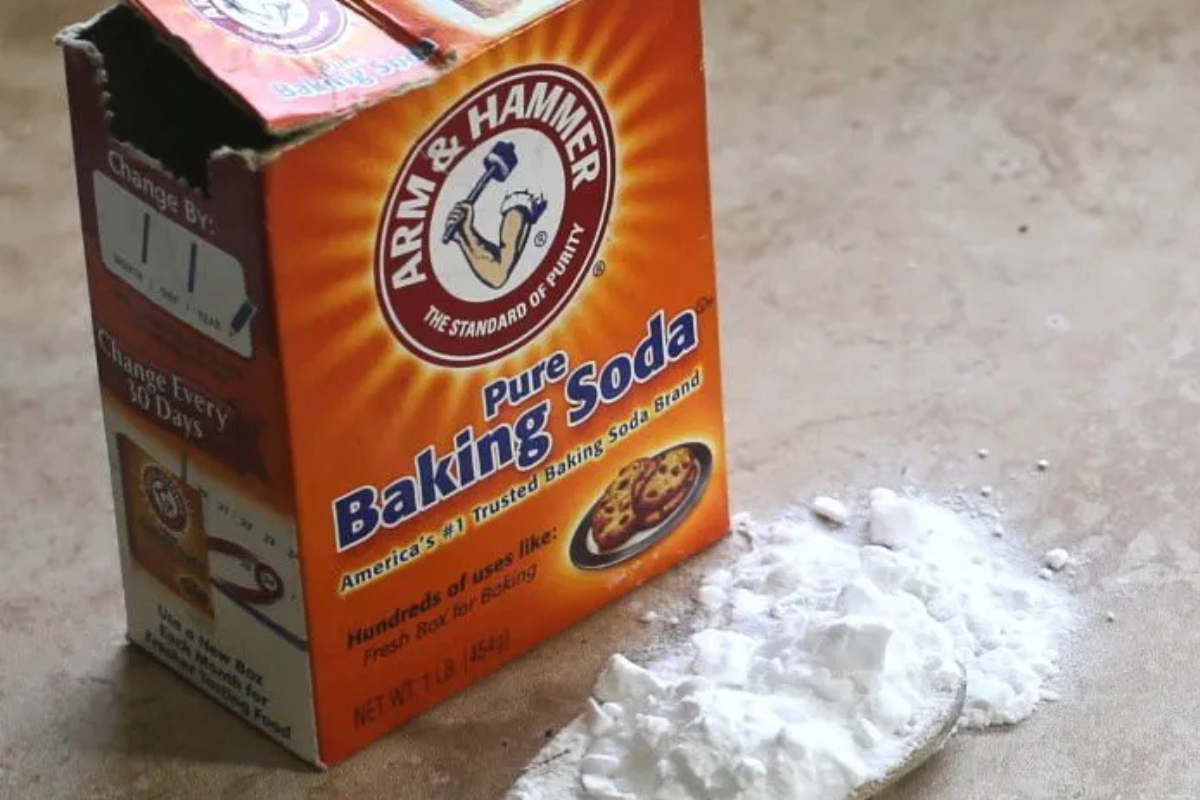Baking soda isn’t just a staple in the kitchen—it’s also a powerful, versatile tool for gardeners. This inexpensive, natural compound can solve a host of common gardening challenges, from pest control to enhancing plant health. Here are 10 clever ways to use baking soda in your garden:
1. Natural Fungicide
Fungal diseases like powdery mildew can wreak havoc on plants. Baking soda can help prevent and control these issues:
- Mix: Combine 1 tablespoon of baking soda, 1 gallon of water, and a few drops of liquid dish soap.
- Spray: Apply to affected plants weekly to stop fungal growth and prevent further spread.
2. Pest Repellent
Baking soda is effective against common garden pests like ants and roaches:
- Method: Sprinkle baking soda around plants or create a barrier around your garden beds to deter pests.
- Bonus: Mix with sugar to attract and eliminate ants naturally.
3. Test Soil pH
Understanding your soil’s pH is essential for healthy plant growth, and baking soda can provide a quick, DIY test:
- Steps: Take a small soil sample, add water to create mud, and sprinkle baking soda on top.
- Result: If it fizzes, your soil is acidic (pH below 7).
4. Deodorize Compost
Compost piles can develop unpleasant odors. Baking soda helps neutralize smells without disrupting the composting process:
- Sprinkle: Lightly dust the surface of your compost pile with baking soda to reduce odor.
- Note: Avoid overusing, as too much can slow decomposition.
5. Clean Garden Tools
Keep your gardening tools in top shape with baking soda:
- Paste: Mix baking soda with water to create a paste.
- Scrub: Use the paste to clean dirt, sap, and rust off your tools. Rinse thoroughly.
6. Sweeten Tomatoes
Baking soda can help reduce soil acidity, which leads to sweeter tomatoes:
- Application: Sprinkle a small amount around the base of your tomato plants (avoid direct contact with the plant).
- Result: Over time, the soil’s pH balances, enhancing the flavor of your tomatoes.
7. Weed Control
For a non-toxic alternative to chemical herbicides, try baking soda:
- Sprinkle: Apply baking soda directly onto the cracks of driveways, sidewalks, or patios where weeds grow.
- Effect: The high sodium content dehydrates and kills weeds.
8. Prevent Slugs and Snails
Slugs and snails can destroy your plants overnight. Baking soda creates an unfriendly environment for these pests:
- Barrier: Sprinkle a thin line around plants or garden beds to deter slugs and snails.
9. Freshen Up Garden Furniture
Outdoor furniture can collect grime and stains. Baking soda works as a gentle cleaner:
- Paste: Mix baking soda and water into a paste.
- Clean: Use a sponge to scrub furniture, then rinse with water for a fresh look.
10. Boost Flower Blooms
Some flowering plants, such as geraniums and begonias, benefit from slightly alkaline soil:
- Method: Dissolve 1 tablespoon of baking soda in 1 gallon of water and use it to water these plants occasionally.
- Result: Encourages more vibrant and abundant blooms.
Tips for Using Baking Soda in the Garden
- Moderation is Key: While baking soda is effective, excessive use can alter soil balance and harm beneficial microbes.
- Spot Test First: Before applying to a large area, test a small section to ensure compatibility with your plants.
- Combine with Other Methods: Baking soda works best when combined with good gardening practices like proper watering, pruning, and crop rotation.
Final Thoughts
Baking soda is a gardener’s secret weapon: affordable, eco-friendly, and incredibly versatile. Whether you’re fighting pests, improving soil, or caring for your plants, these clever uses will make your garden healthier and more vibrant. Give these tips a try and enjoy the benefits of this natural gardening ally!
